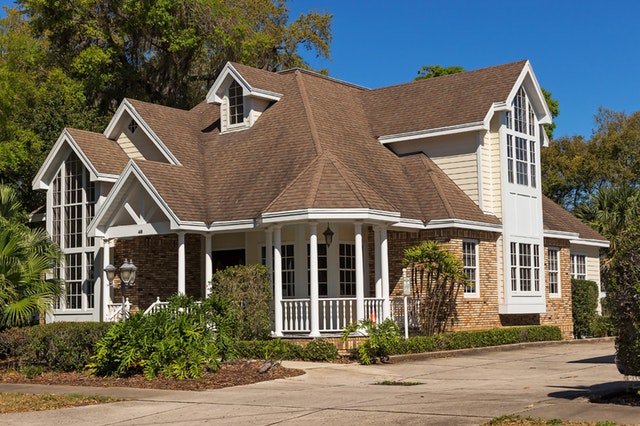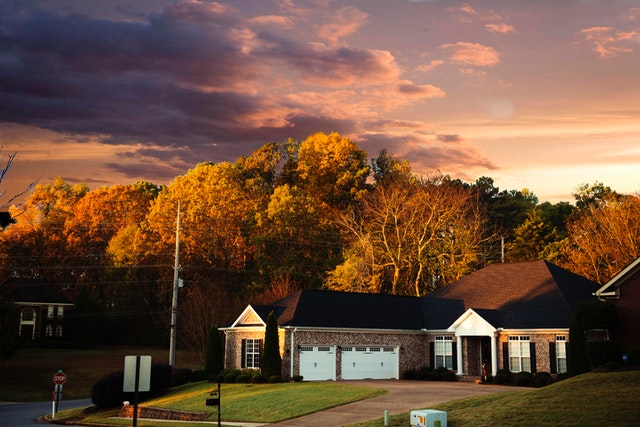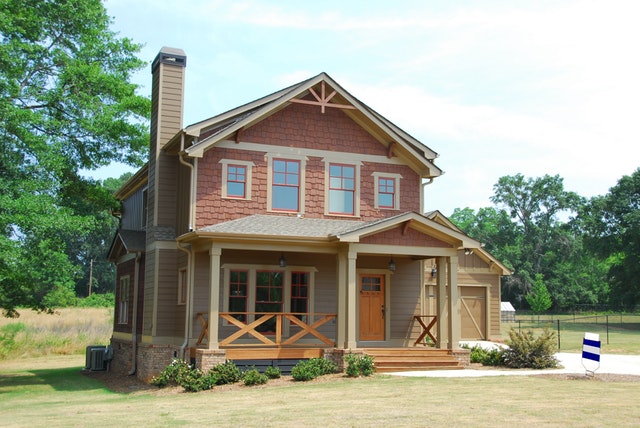FHA Down Payment Requirements: Homeownership Without A Big Savings Account
 Buying a home for the first time can be a challenge. One of the tools created to help people buy a home for the first time comes in the form of FHA loans. There were loans that were supported by the Federal Housing Administration (FHA). They can require a down payment that is as low as 3.5 percent.
Buying a home for the first time can be a challenge. One of the tools created to help people buy a home for the first time comes in the form of FHA loans. There were loans that were supported by the Federal Housing Administration (FHA). They can require a down payment that is as low as 3.5 percent.
FHA loans are significantly different from traditional mortgage loans. Those who have purchased a house before have likely heard that the average down payment is closer to 20 percent of the value. This can make it hard for someone to buy a home, particularly if they already have a car loan and credit card debt.
The Role Of The Credit Score For FHA Loans
Anyone who is interested in a mortgage with a down payment of 3.5 percent will want to do everything they can to make sure they have a strong mortgage application. This starts by taking a look at the credit score.
A credit score of 580 or higher will increase someone’s chances of successfully applying for a mortgage with a 3.5 percent down payment. Those who have a credit score between 500 and 579 will likely be asked to put 10 percent down in order to qualify for a loan through the FHA program.
For example, someone who is looking to buy a home that costs $250,000 may only need to put down $8,750. On the other hand, if someone’s credit score is under 580, they might be asked to put down $25,000. This can make a tremendous difference to someone who is trying to purchase a home.
The Other Requirements Of An FHA Loan
While a small down payment is attractive to many people, one catch is that homeowners may be asked to purchase private mortgage insurance, or PMI, under this program. This insurance policy is required because the lenders through the FHA program are taking on more risk by accepting a smaller down payment.
PMI is a cost that will need to be paid monthly, in addition to the mortgage payment. Those who are willing to put down a larger down payment might be able to get the PMI requirement waived.
If you are in the market for a new home or interested in refinancing your current property, be sure to consult with your trusted home mortgage professional.
 The National Association of Home Builders reported a housing market index reading of 74 in February; the index reading was one point lower than for January and was only two points below the highest reading of 76 reported in December. Readings over 50 indicate that most builders consider housing market conditions to be positive.
The National Association of Home Builders reported a housing market index reading of 74 in February; the index reading was one point lower than for January and was only two points below the highest reading of 76 reported in December. Readings over 50 indicate that most builders consider housing market conditions to be positive. For most individuals and families, their home is the most expensive investment they will ever purchase. Therefore, it is important for everyone to take care of their home. Routine maintenance can prevent costly repairs from arising down the road.
For most individuals and families, their home is the most expensive investment they will ever purchase. Therefore, it is important for everyone to take care of their home. Routine maintenance can prevent costly repairs from arising down the road.